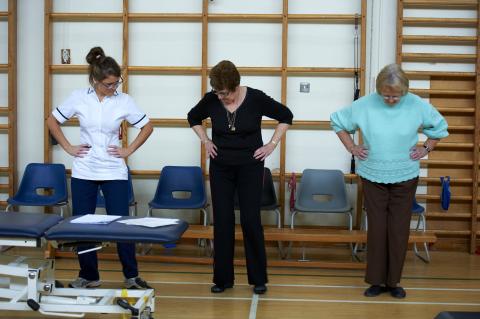Our Emergency Department is very busy right now and some people are experiencing long waits. If you do not require emergency care, please use an alternative such as 111 online.
The Hospital has a Dementia Care Strategy in place.
Our Dementia Care Strategy is aligned to our overall Trust strategy as it supports delivery of our values and strategic objectives and underpinning strategies such as; the clinical strategy, the people strategy, and the quality strategy.
The Dementia Care Strategy has eight standards based upon the Dementia Assessment and Improvement Framework (NHS Improvement 2017).
- Diagnosis
- Person-centred Care
- Patient and carer information and support
- Involvement and co-design
- Workforce education and training
- Leadership
- Environment
- Nutrition and Hydration
Information for people living with dementia in Barnsley
Dementia Friendly Barnsley is a website where you can find information about support and services for people living with dementia in Barnsley, as well as information about dementia friendly events and activities, locally.

